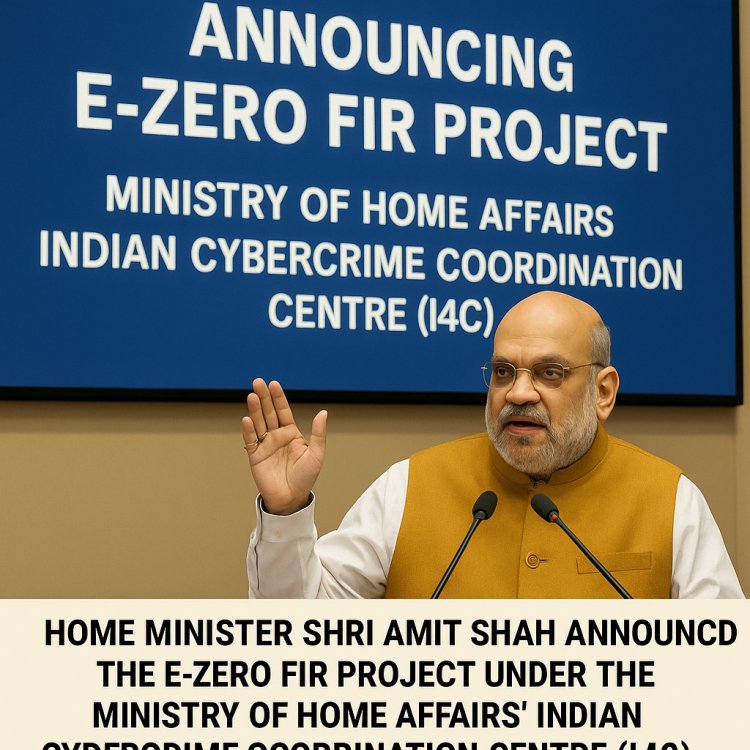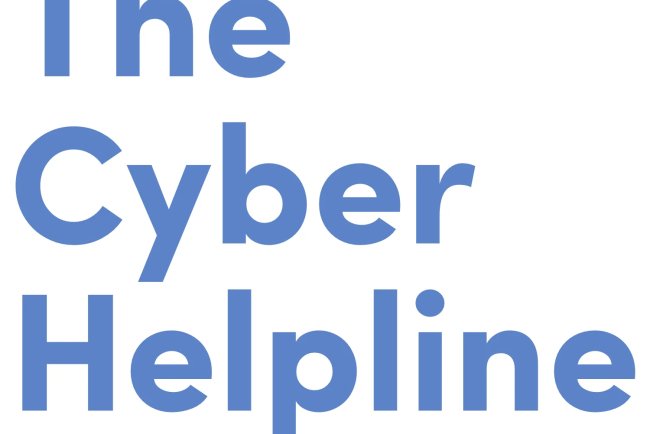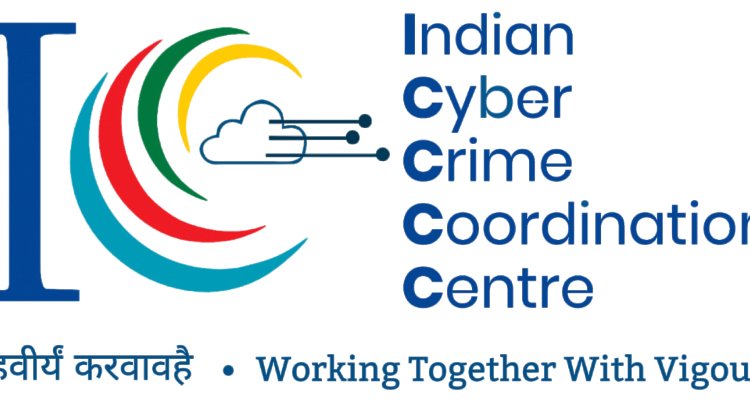e-Zero FIR Launched by Home Minister Amit Shah to Accelerate Action Against Cybercriminals
Home Minister Shri Amit Shah announced the e-Zero FIR project under the Ministry of Home Affairs’ Indian Cybercrime Coordination Centre (I4C) in a historic move meant to speed up justice for victims of cybercrime.

Union Home Minister Shri Amit Shah announced the e-Zero FIR project under the Ministry of Home Affairs’ Indian Cybercrime Coordination Centre (I4C) in a historic move meant to speed up justice for victims of cybercrime. This program would drastically change the way cyber financial crimes are dealt with in the nation and is in line with Prime Minister Narendra Modi's vision of a "Cyber Secure Bharat."
The e-Zero FIR system, which was first introduced as a trial project in Delhi, will automatically turn complaints about financial losses above ₹10 lakh that are submitted via the hotline number 1930 or the National Cybercrime Reporting Portal (NCRP) into Zero FIRs. Regardless of the complainant's or the crime's location, these FIRs will be immediately filed at Delhi's e-Crime Police Station before being forwarded to the relevant jurisdictional cybercrime police station.
It is anticipated that this technologically enabled procedure will expedite investigative durations, enhance victim recovery prospects, and guarantee prompt punitive action against cybercriminals.
Smooth Integration of Technology with New Criminal Law Provisions
Three significant digital platforms are integrated into the e-Zero FIR system:
I4C's NCRP portal for filing cybercrime complaints,
The e-FIR system of Delhi Police, and
The Crime and Criminal Tracking Network & Systems (CCTNS) is maintained by the National Crime Records Bureau.
The Bharatiya Nagrik Suraksha Sanhita (BNSS) recently enacted regulations under Sections 173 (1) and 1(ii) that allow for the electronic registration of FIRs regardless of jurisdiction—a revolutionary change in India's criminal justice system—align with this integration.
To expedite case ownership and subsequent investigation, the complainant can attend their local cyber police station within three days of the Zero FIR being generated in order to have the FIR converted to a standard FIR.
The technology would be spread across States and Union Territories to provide statewide coverage after being rigorously monitored throughout the Delhi trial phase.
Victim Empowerment and Enforcement Strengthening
Delays in filing a FIR and recovering stolen funds are two of the biggest issues facing India's cybercrime ecosystem, and the e-Zero FIR program addresses this issue. Even while NCRP and 1930 make it easier to file complaints quickly, the Home Ministry admits that many victims find it difficult to have their complaints turned into cases that can be taken further.
When high-value cases are automatically registered for FIRs, the system:
raises the conversion rate of FIR,
speeds up the freezing and recovery of funds,
enables cybercrime squads to take immediate action, along with
enhances the detection and prosecution of coordinated online fraud rings.
The Modi administration's dedication to creating a resilient and adaptable cybersecurity grid is demonstrated by this endeavor, Shri Amit Shah underlined. Making law enforcement systems cyber-resilient is a crucial step in India's acceptance of more digital integration, particularly in the areas of finance and governance.
Follow cyberdeepakyadav.com on
Facebook, Twitter, LinkedIn, Instagram, and YouTube
What's Your Reaction?























